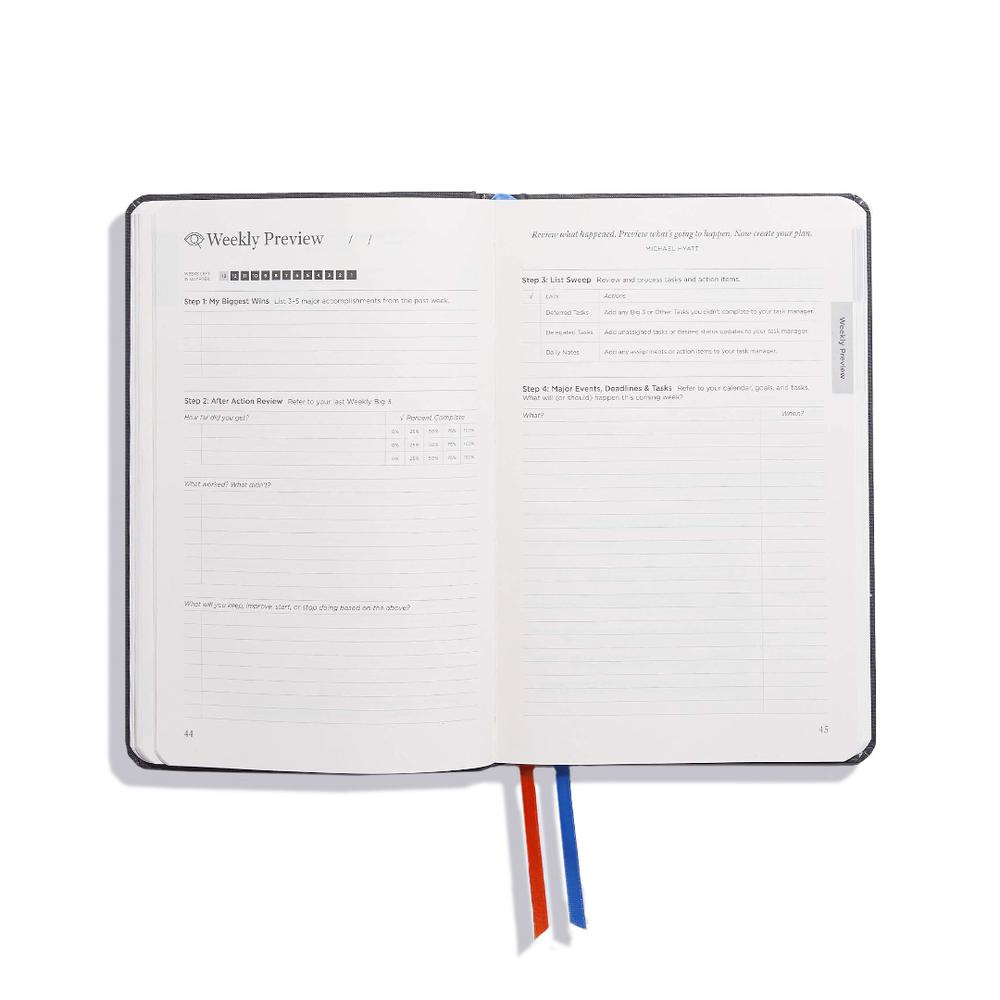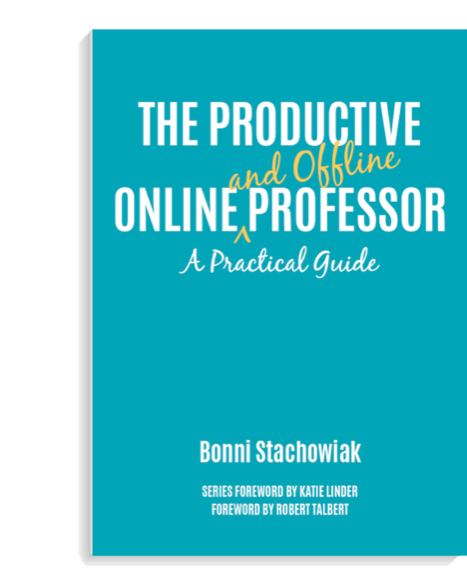
Recently, Katie Linder recommended on her blog that we answer 11 questions, which were inspired by Tim Ferris. They come from his book Tribe of Mentors: Short Life Advice from the Best in the World*. Here are Katie’s answers to the 11 questions, which I found so fun to read.
My Answers to 11 Questions
I thought I would try to tackle the questions for this week’s blog.
What is the book (or books) you’ve given most as a gift, and why? Or what are one to three books that have greatly influenced your life?
The book I’ve given most as a gift is Richard N. Bolles’s What Color is Your Parachute?* The reason I find it to be a valuable gift is that it gives graduating seniors a structure to use to stay focused on job hunting. While they are in school, we tell them when papers are due and when the exams are scheduled.
As they look toward graduating, they often lack a system to carry them through the transition. It also helps them gain the most leverage with the time they spend in the various job-hunting activities. Spoiler alert – sending out unsolicited resumes won’t produce much fruit, as compared to relying on relationships.
The book that has influenced my leadership approach is Peter Block’s The Empowered Manager*. It also happens to be in second place for the book I have given as a gift most often. I view The Empowered Manager as an anecdote for burnout. Block proposes we have an inter-dependent relationship with our employers and transition from traditional hierarchical models.
I talk about this shift in my work life on Episode 208. I also share about it often on Dave’s (my husband’s) podcast: Coaching for Leaders.
What purchase of $100 or less has most positively impacted your life in the last six months (or in recent memory)?
I purchased an annual subscription for the Full Focus Planner from Michael Hyatt*. I bought it prior to recommending it on Teaching in Higher Ed episode 290 and before Dave and I entered into an affiliate relationship sharing about the planners with our podcast communities.
 One of the many practices recommended in the planner is to identify a big three for each day. What are the three things I will focus on completing, beyond everything else that comes up? This has seriously helped me focus, in addition to making sure I am realistic about what a day may entail. For example, when I teach (once a week for three hours) – that is entered as one of my big three. I try to keep the other two wins as smaller items since teaching really does take up a big part of my Mondays.
One of the many practices recommended in the planner is to identify a big three for each day. What are the three things I will focus on completing, beyond everything else that comes up? This has seriously helped me focus, in addition to making sure I am realistic about what a day may entail. For example, when I teach (once a week for three hours) – that is entered as one of my big three. I try to keep the other two wins as smaller items since teaching really does take up a big part of my Mondays.
Here’s another thing I really like about the Full Focus Planner* (well, it is really four planners, since the subscription gets you one planner for each quarter of the year). It is made with care and is such high quality. It has two bookmarks that can be used to save places you want to access frequently. It has an elastic band to keep it closed when you’re not using it. Unlike every other planner, it stays wide open on my desk when I am using it, which I didn’t realize I would appreciate so much until I was able to contrast it to other planners I’ve used.
How has a failure, or apparent failure, set you up for later success? Do you have a “favorite failure” of yours?
It is a story that I don’t like to talk about very much. The transition was such an awful time in my life. I was laid off after 11 years working for the same company. I had earned a steady-and-growing paycheck for more than a decade. Living with unpredictable streams of revenue was challenging for me (it still is).
The reason I decide to talk about it, despite it not always being my favorite story to tell, is that these seasons can bring about shifts in our lives that we eventually find to be even more suited to our strengths and passions. William Bridges wrote a book called Transitions: Making Sense of Life’s Changes*, that is very good on this topic.
For those of you who have read it – let’s just say it was a ride of a lifetime in the neutral zone.
Bridges also has a wonderful leadership book on the topic of change called: Managing Transitions: Making the Most of Change*. I have been revisiting it recently, after having been promoted to dean at my institution.
If you could have a gigantic billboard anywhere with anything on it — metaphorically speaking, getting a message out to millions or billions — what would it say and why? It could be a few words or a paragraph. (If helpful, it can be someone else’s quote: Are there any quotes you think of often or live your life by?)
One message I would love to see get out to millions of people would have to do with worry. Dale Carnegie prescribed a method for this in his book: How to Stop Worrying and Start Living*.
It begins with a counter-intuitive step of imagining what the worst thing that could happen is… Once that beast has a name, it is easier to put it into perspective and begin to move to step two.
Next, we prepare to accept that worst thing. When I bought my first house, I was troubled by doing this alone. I thought you were supposed to be married when you made that kind of a purchase. My husband is glad I took the risk back then and also realized how empowering it can be to own your own property as a single person.
My Mom had me brainstorm what the worst thing that could happen if I took the plunge. The big fear was that I might lose my job and wind up needing to live with them for a few years, until I was back on my feet. I never wound up needing to do that, but it truly didn’t seem like such an awful outcome, all things being equal. Preparing to accept the worst allowed me to feel more confident in making the decision to purchase the home.
Finally, Carnegie recommends taking steps to avoid needing to accept that worst outcome. In my case, I could have an emergency fund, which would allow me to carry through difficult financial times, should they come along after committing to a 30-year mortgage.
How to Stop Worrying and Start Living* has a lot of other practical approaches we can use to put worry on the back burner. Even though it was written all those decades ago, Carnegie’s advice still rings true.
What is one of the best or most worthwhile investments you’ve ever made? (Could be an investment of money, time, energy, etc.)
 I invested a lot of time and money in setting up a productivity system that I can trust.
I invested a lot of time and money in setting up a productivity system that I can trust.
By that, I mean that I know that things won’t fall through the cracks, unless I am aware of them and decide to renegotiate my commitments and focus on them at a later time.
If you are interested in my approach and the tools I use, consider pre-ordering my forthcoming book:
The Productive Online and Offline Professor*
What is an unusual habit or an absurd thing that you love?
I don’t think I have any unusual habits. One thing that amuses people is that I do enjoy the smell of manure. It reminds me of getting to go to horse camp as a young person.
I stayed for two weeks and was able to take care of “my own” horse during that time. I have such fond memories of those experiences and am reminded of them whenever I come across that scent.
They built some new houses near where we live that backed up to a horse ranch recently. We do not, by any means, live in a rural area, but there just happen to be some equestrian properties in the town we drive through often to take our kids to school.
I thought it would be so cool to get to take in that smell every day. Fortunately, more practical minds prevailed and we still live in the same place we did before. It was better for a whole host of reasons, not to mention that no one else that I know has that same fondness for manure smells.
In the last five years, what new belief, behavior, or habit has most improved your life?
One of the practices we have really had to hone these past five years around here is having a place for everything. With two kids, ages five and seven, there are always a lot of “things” coming and going. It seems like every weekend, there’s a kids’ birthday party, resulting in some kind of goody bag coming home.
My work generates a lot of paperwork and I strive to convert all of it to electronic form. Whenever I find things getting cluttered, it is almost always because whatever things are sitting out don’t have a place where they belong.
What advice would you give to a smart, driven college student about to enter the “real world”? What advice should they ignore?
I try to avoid using the phrase “real world” when talking to smart, driven college students. I used to say that, but found that it could come across as patronizing, as they tend to perceive that they already are living in the “real world” and for me to think otherwise is insulting.
In general, I find that many recent alums have challenges managing their time and their money upon graduation. Jane Bryant Quinn’s book on Making the Most of Your Money Now* is more than ten years old, but still contains the best advice I’ve ever received about money. As for managing their time, I recommend David Allen’s Getting Things Done*.
Advice they should ignore is to do something they love. Yes, find meaning in your work. But early in our careers, we can have unrealistic expectations about the first few years and what that experience will be like, that it can actually hold us back from experiencing authentic joy in our lives.
More on this can be found on episode 54 in my conversation with Jonathan Malesic (who is far more eloquent on this topic than I’ll ever be).
What are bad recommendations you hear in your profession or area of expertise?
A lot of bad recommendations stem from not trusting students. When we focus our pedagogy and systems on catching people who might be cheating, or may not be working to their fullest extent or capabilities, we lose the greatest things teaching has to offer.
Here are some reflections on trusting our students on Hybrid Pedagogy by Amy Hasinoff.
In the last five years, what have you become better at saying no to (distractions, invitations, etc.)? What new realizations and/or approaches helped? Any other tips?
My biggest advice on saying no is recognizing that with every no answer you give, you are freeing yourself up to say yes to something more directly related to your priorities, dreams, and sense of meaning.
Greg McKeown’s book, Essentialism: The Disciplined Pursuit of Less*, provides lots of practical approaches to use in saying no. I don’t take it quite as far as what he recommends, but have heard his words echoing in my years for long enough to affirm what a difference reading his book made for me in my life.
I would also recommend reading some of Michael Hyatt’s posts on saying no, as they are quite helpful.
When you feel overwhelmed or unfocused, or have lost your focus temporarily, what do you do? (If helpful: What questions do you ask yourself?)
I have an app I have been using over the last couple of months called Focus I use to block applications and websites that have the potential to distract me while I’m working. I set it for a certain amount of time (usually 50 minutes) and it redirects me, if my mind starts to wander and so do my mouse and keyboard.
I am also such a big fan of walks. My friend and colleague, Shannon, and I walk together on almost a daily basis. This time helps us have greater energy and focus when we return. Also, it is almost like having short meetings together, daily, to catch up on work stuff. We are in the same department and always have lots to talk about and strategize on.
Your Turn
If you wind up answering the 11 questions, I would love to see your post. Alternatively, feel free to share your answer to just one of the questions with me.
Photo cred: Evan Dennis on Unsplash
* denotes affiliate links



